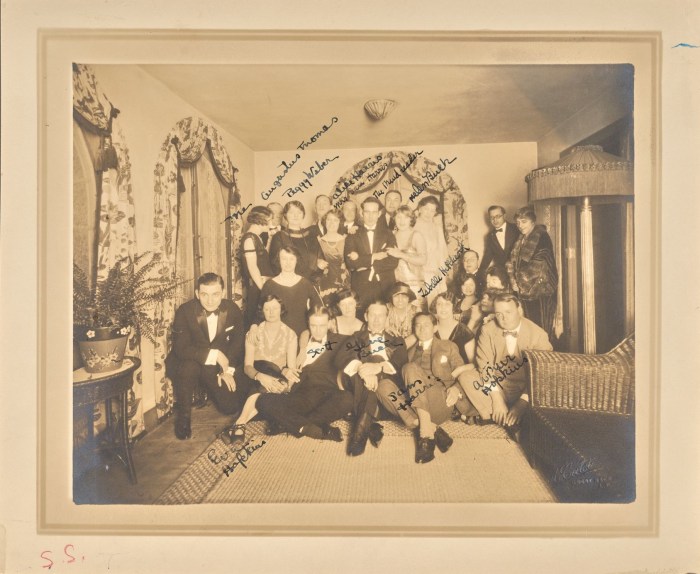It’s “full speed ahead” for Dave Daly as the PSEG LI president works to make the utility “world class.”
Several initiatives that PSEG LI has undertaken since taking over from LIPA on Jan. 1, are ahead of schedule and Daly, who became president in November, is confident many more can come in ahead of plan. The 22 measures he describes include enhancing the utility’s financial position, its customer service and, perhaps most of all, the reliability of its service.
Daly laid out his plans in a nearly two hour discussion with editors at Anton Community Newspapers’ headquarters in Mineola.
The man who was lambasted—but kept his composure—back in February during a hearing on 85-foot poles was just as at ease as he offered a bigger picture of what PSEG LI is all about.
PSEG LI is a unit of PSEG, which has a utility in New Jersey and also operates nuclear power plants. Two years ago, PSEG was the winning bidder to take-over an expiring contract that National Grid had with LIPA. Under the arrangement, LIPA owns all the assets, like substations, while PSEG provides services.
PSEG LI is big on automation, as opposed to LIPA, “where a lot of work was getting done with a clipboard and a pencil,” Daly said. That’s why PSEG LI has embarked on a major information technology project, with the ultimate goal of becoming more efficient, which could bring down costs to ratepayers.
The IT program is just one example of seismic shifts occurring, Daly said. “There is a tremendous amount of change going on in virtually every area of the company.”
Daly also is not afraid to take unpopular stances.
For instance, the aggressive approach to tree trimming that PSEG has taken is rankling a number of residents. Daly says the work is necessary because very limited trimming went on in the past and keeping trees cut to certain levels is “one of the most important [efforts] in hardening the system against storms.”
He also was at the center of a firestorm of criticism this year over the installation of 210 unsightly, 80- and 85-foot poles in North Hempstead, from Port Washington to Great Neck.
Daly said the project actually predates PSEG LI’s presence by two years and that LIPA and National Grid “presented their plans to the town” and got proper
permits for them.
If PSEG LI had been around at the time, there might not have been such controversy because the utility has a community outreach program and would
have considered residents’ feedback, Daly said. “We have a process that says for every capital project we have…is there anything that could create opposition.”
He conceded said the new, towering, poles “are not pretty.”
The pole project is now “done,” he said, at least the electric part, with power lines having been transferred to the new poles.
There is still some clean-up going on, Daly said, and PSEG LI is working with Cablevision and Verizon to get their lines on the new poles.
Daly said the old poles will be removed by the end of the year.
This sets up a dynamic with the town, which on Sept. 9 is expected to adopt legislation that can fine utilities for not removing old poles when they put new ones in. The way the proposed law stood as of press time, the penalty for not removing poles was $500 for a first offence and $1,000 for a subsequent offence. Civil penalties are $500 for each violation. The ordinance “doesn’t concern me,” Daly said.
An amendment requiring PSEG LI to place a warning sign on any newly installed pole that has been treated with Pentachlorophenol (Penta), a chemical treatment for wood, was slated to be considered as a separate resolution. The town calls Penta “a known carcinogenic.” Daly said utilities all over the country use Penta as a wood preservative and, “We don’t put signs up on poles.”


































